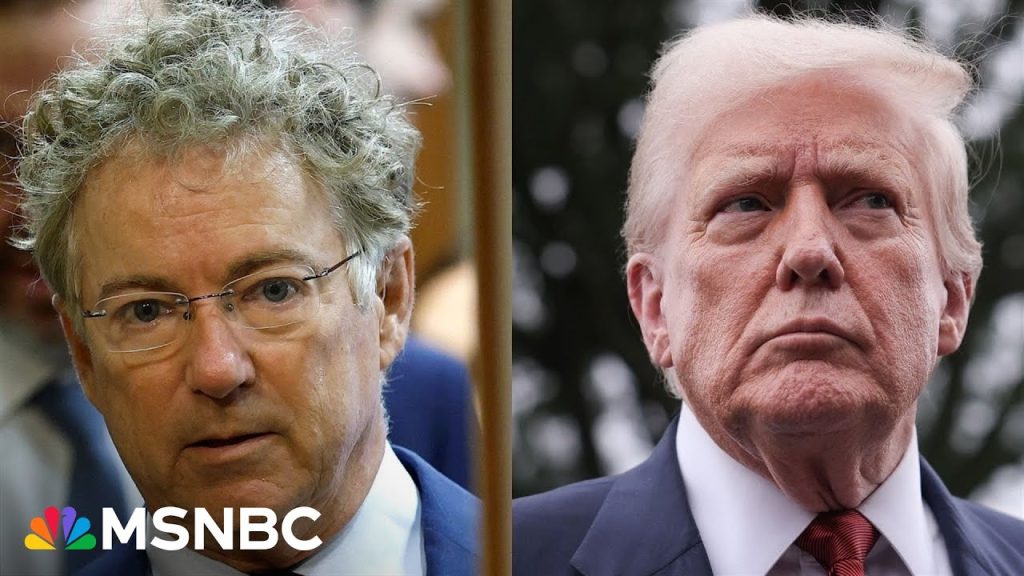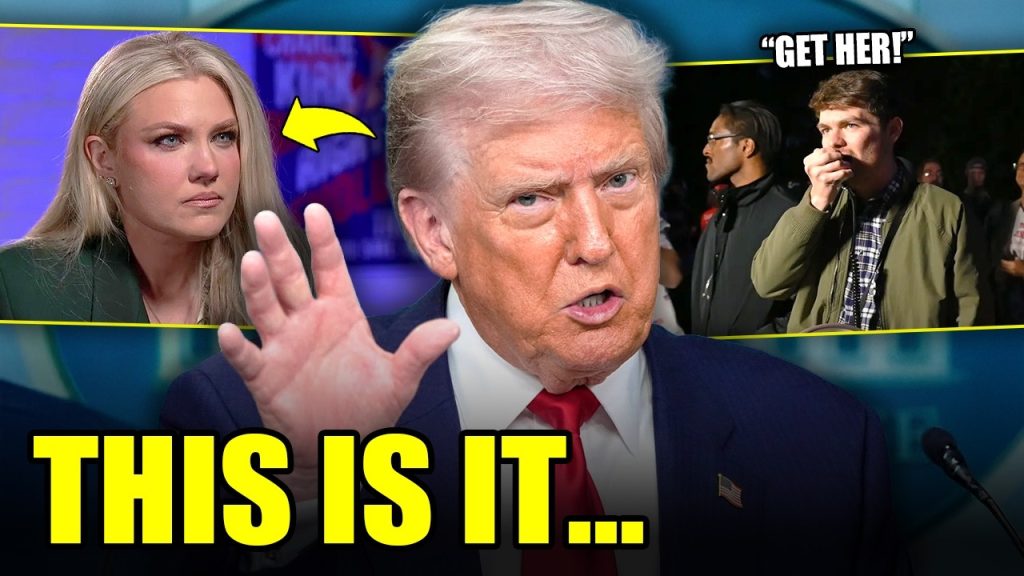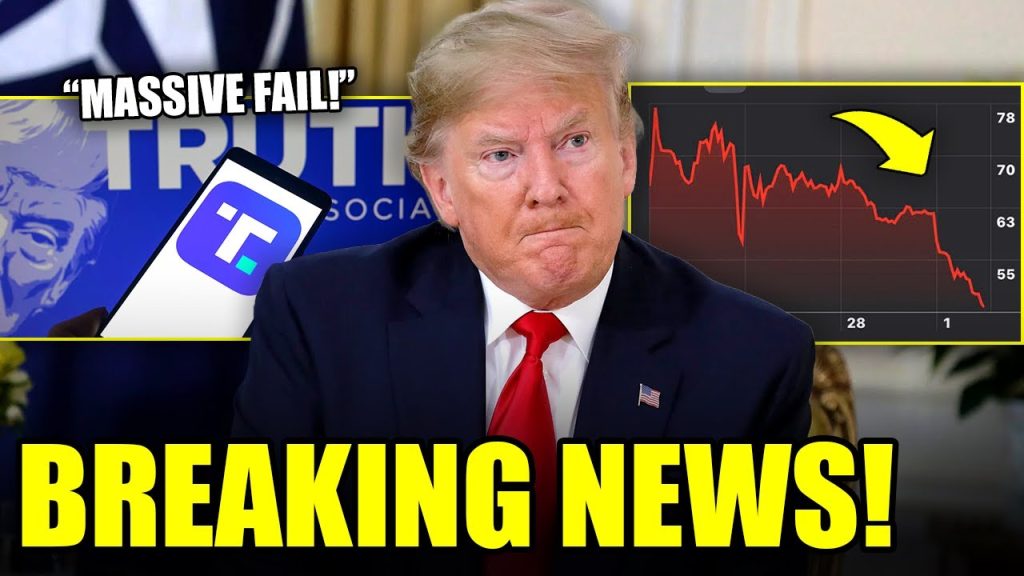Recent developments in U.S. foreign policy concerning Venezuela have prompted a surge of concern among members of Congress, particularly regarding the apparent lack of detailed information being provided by the White House about recent strikes in the region. The unsettling silence and scarcity of official disclosures have left some lawmakers seeking clarity on the objectives, scope, and outcomes associated with these military or covert operations.
The situation with Venezuela has long been a focal point of U.S. geopolitical strategy, shaped by years of political instability, humanitarian crises, and ideological clashes. The United States has expressed strong opposition to Nicolás Maduro’s government, citing authoritarian practices and economic mismanagement. Efforts to influence regime change or mitigate regional threats have included diplomatic sanctions, support for opposition groups, and tactical measures aimed at disrupting illicit activities tied to the Venezuelan regime.
Within this context, discussions about strikes—whether they be targeted military actions, counter-narcotics efforts, or other forms of intervention—carry significant weight. They pose complex questions about international law, regional stability, and the risk of unintended consequences. Transparency from the executive branch is crucial for Congress to fulfill its oversight responsibilities and to maintain the confidence of the American public regarding U.S. engagements abroad.
Concerns from lawmakers also reflect broader debates about executive authority and the balance of power when it comes to military operations. Members of Congress have increasingly asserted the necessity for prompt intelligence sharing and comprehensive briefings, particularly when U.S. personnel or interests might be at risk. This is a moment that underscores the importance of checks and balances in national security decisions.
As the situation evolves, the need for clear communication and a well-articulated strategy from the White House remains paramount not only for legislative oversight but also for international and domestic audiences watching closely. The ongoing dialogue highlights tensions between urgency in security operations and the democratic imperative of accountability.
Where to Learn More
- C-SPAN – Comprehensive coverage of congressional hearings and statements
- Council on Foreign Relations – In-depth analysis of U.S.-Venezuela relations and foreign policy
- PBS NewsHour – Reliable reporting on U.S. foreign policy and political developments
- The New York Times – Investigative journalism on international affairs and government transparency
- The Brookings Institution – Expert commentary on national security and congressional oversight




